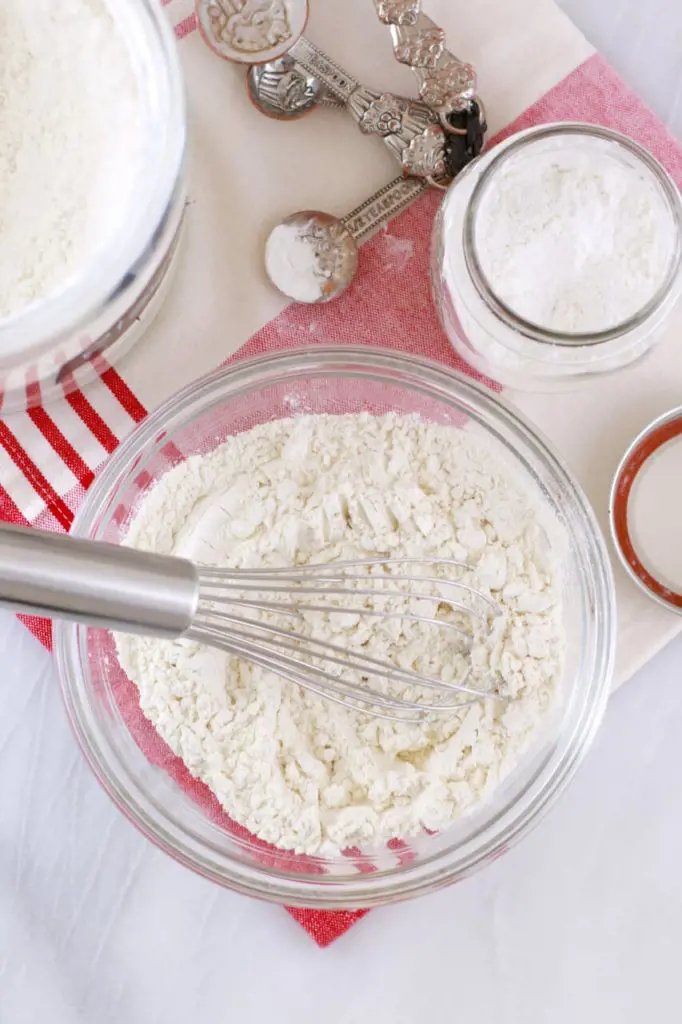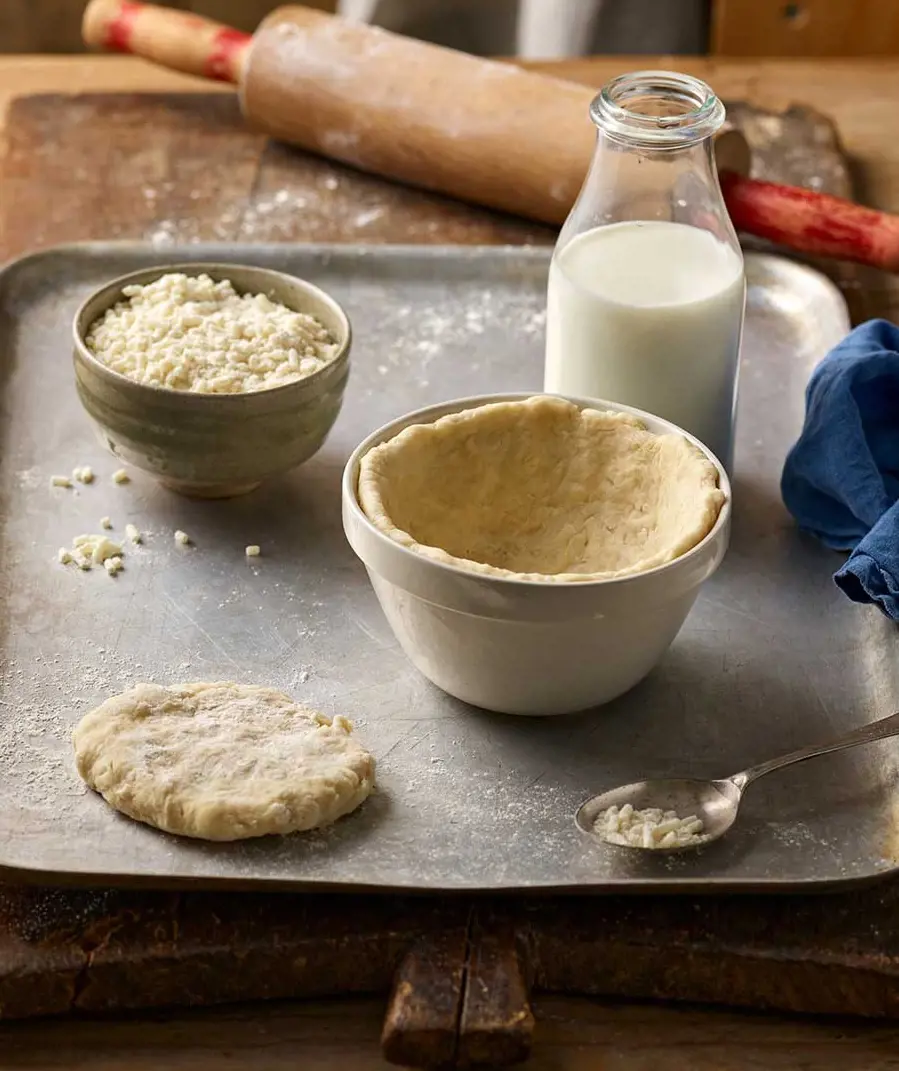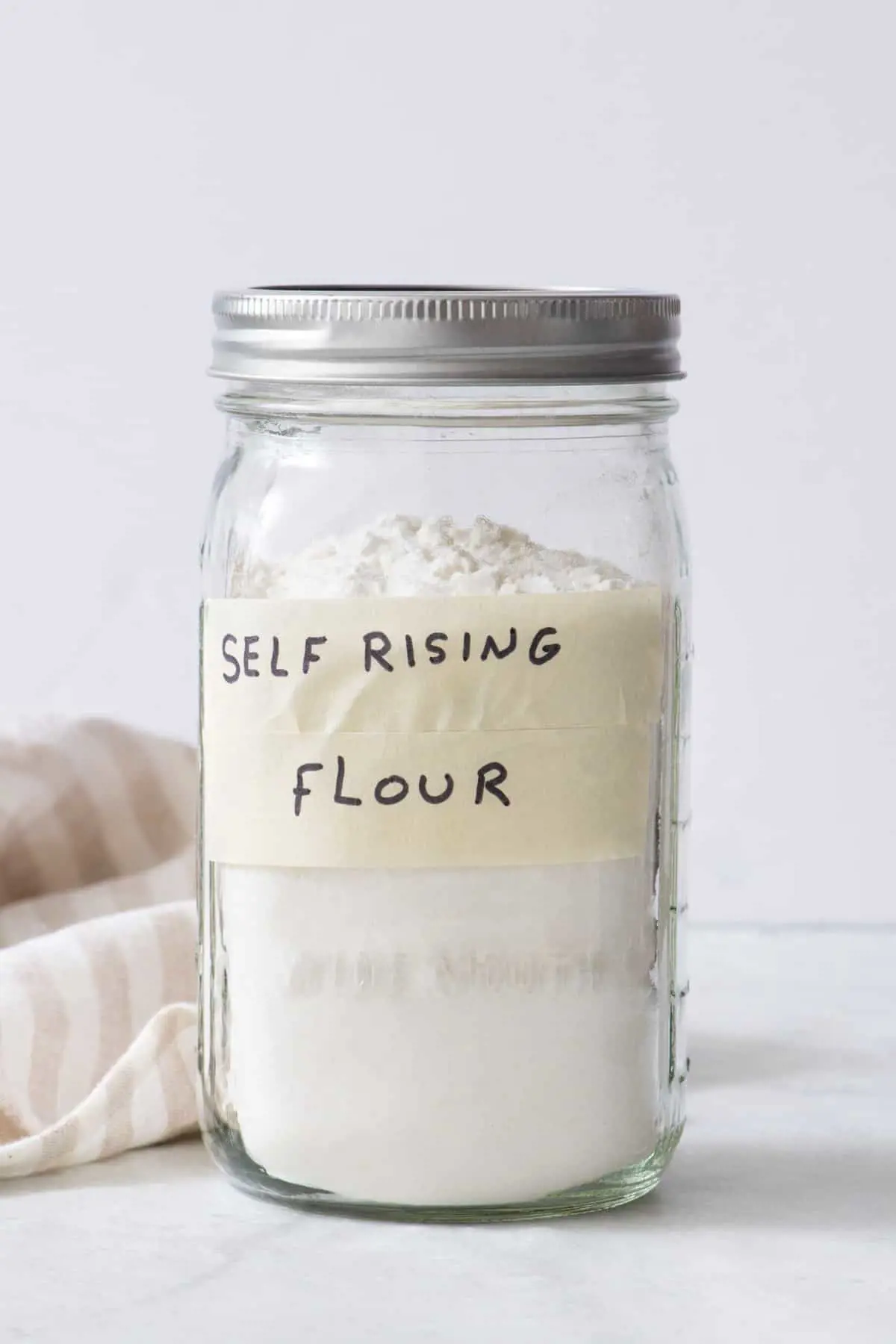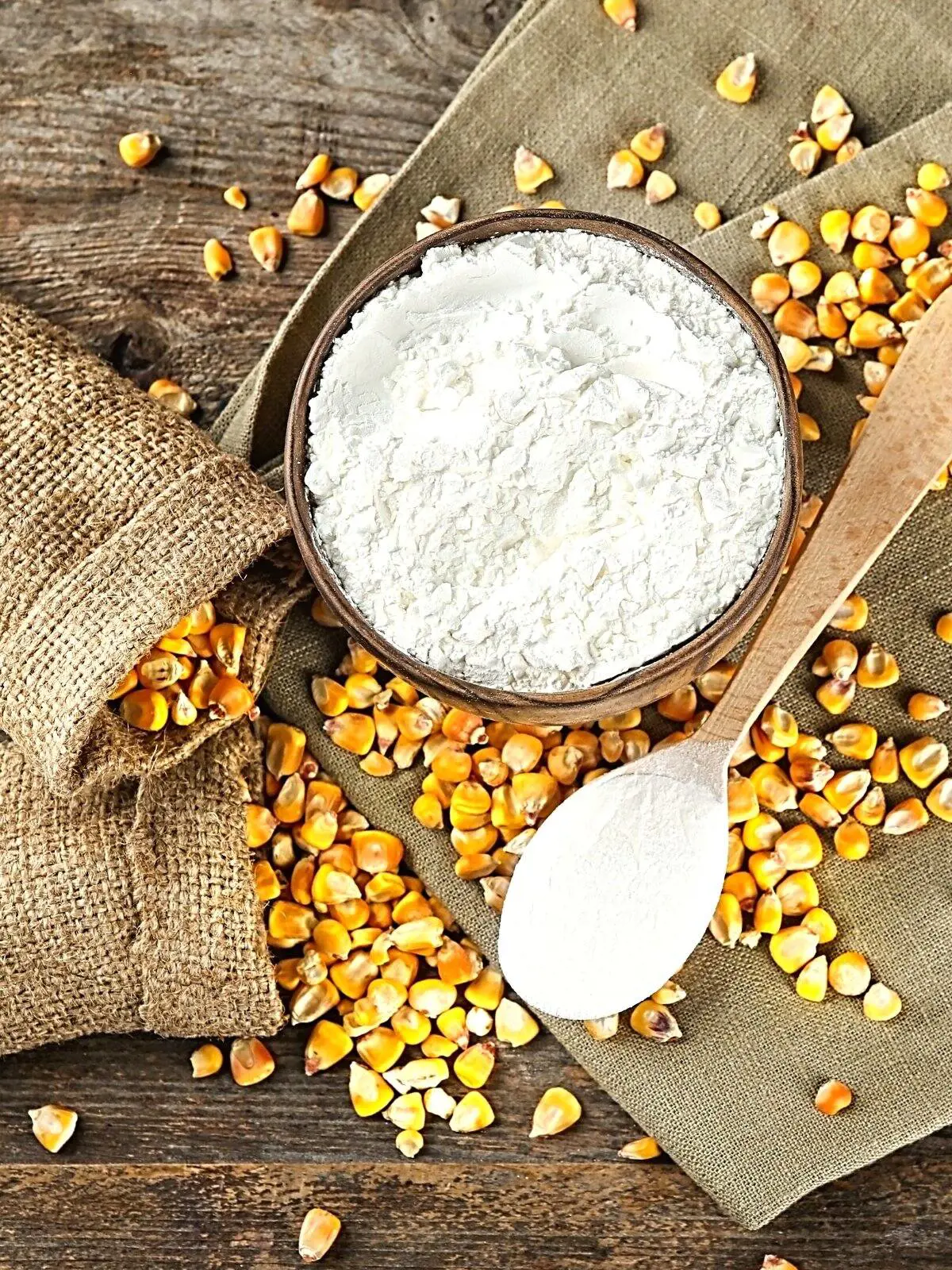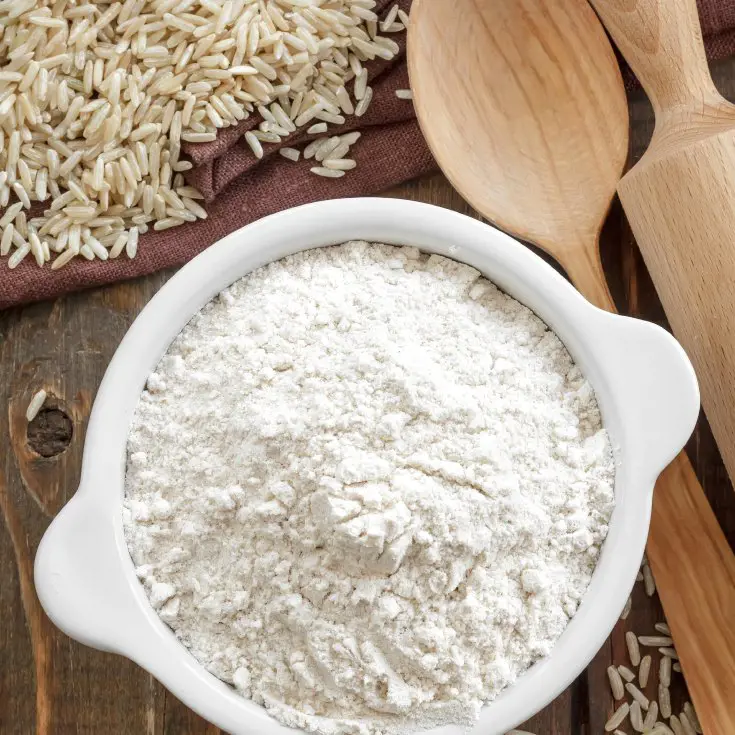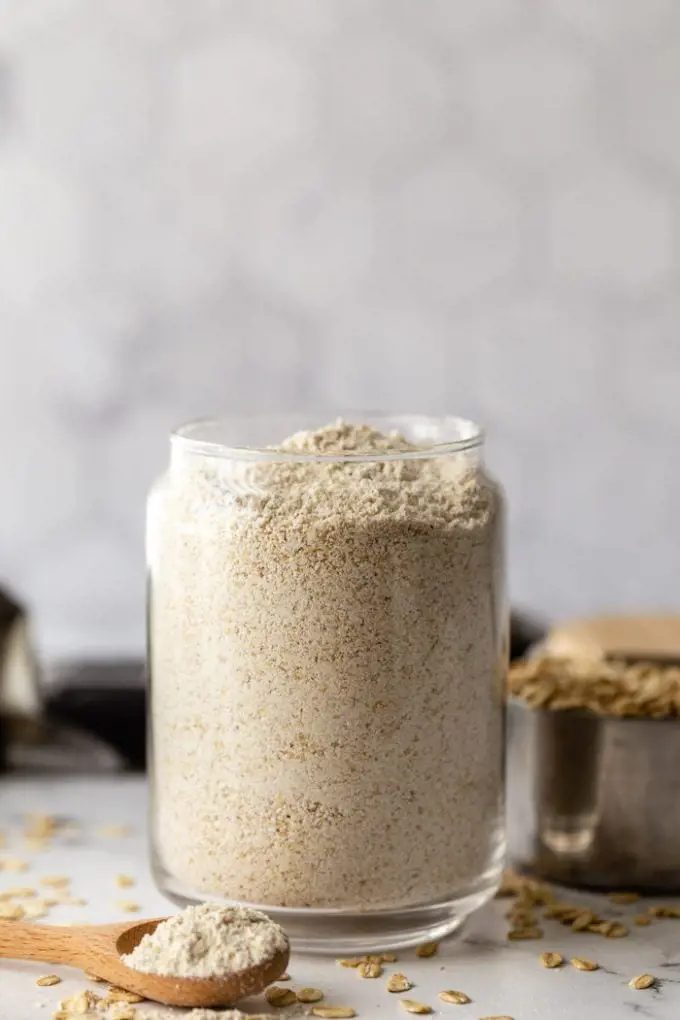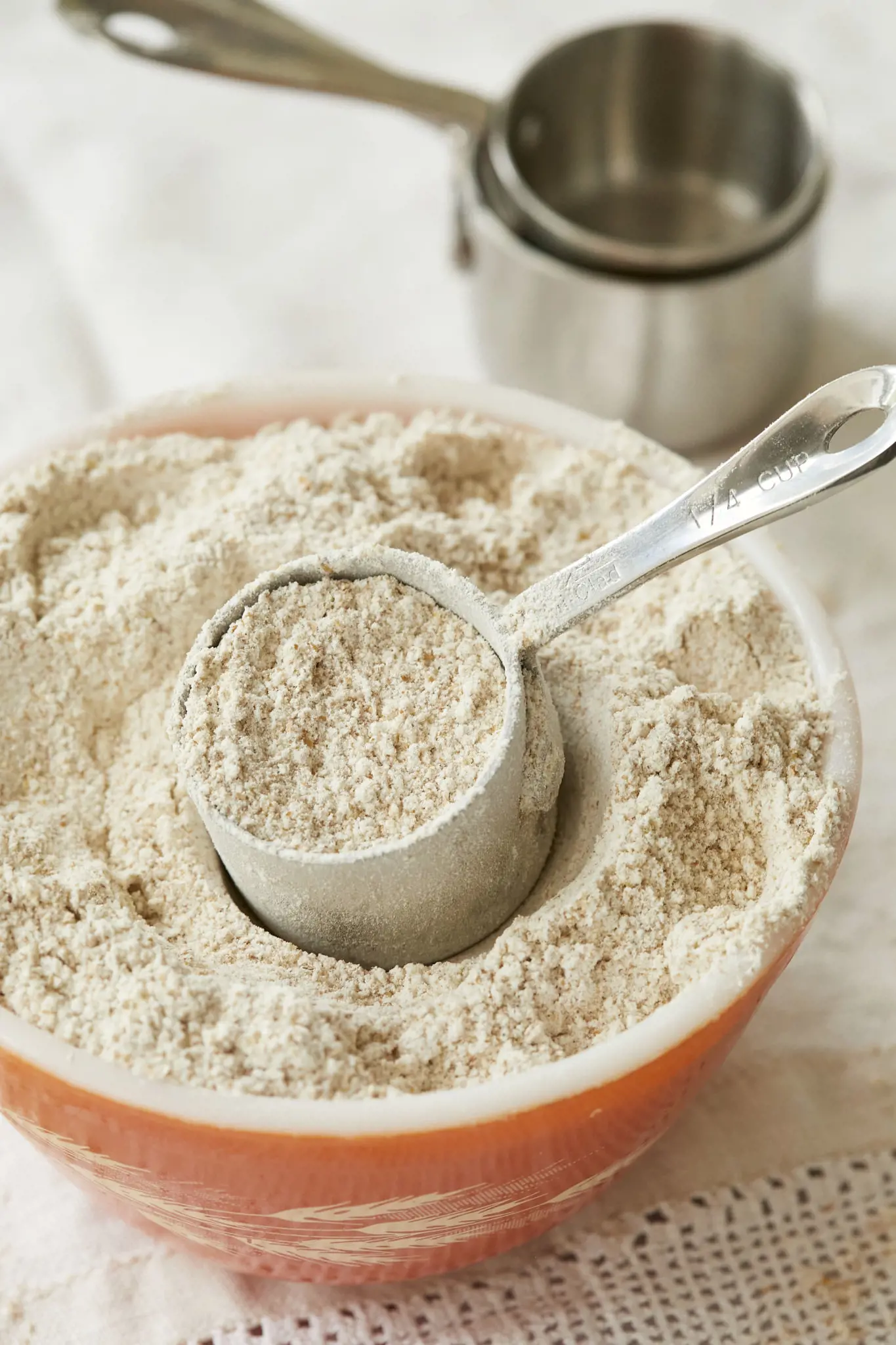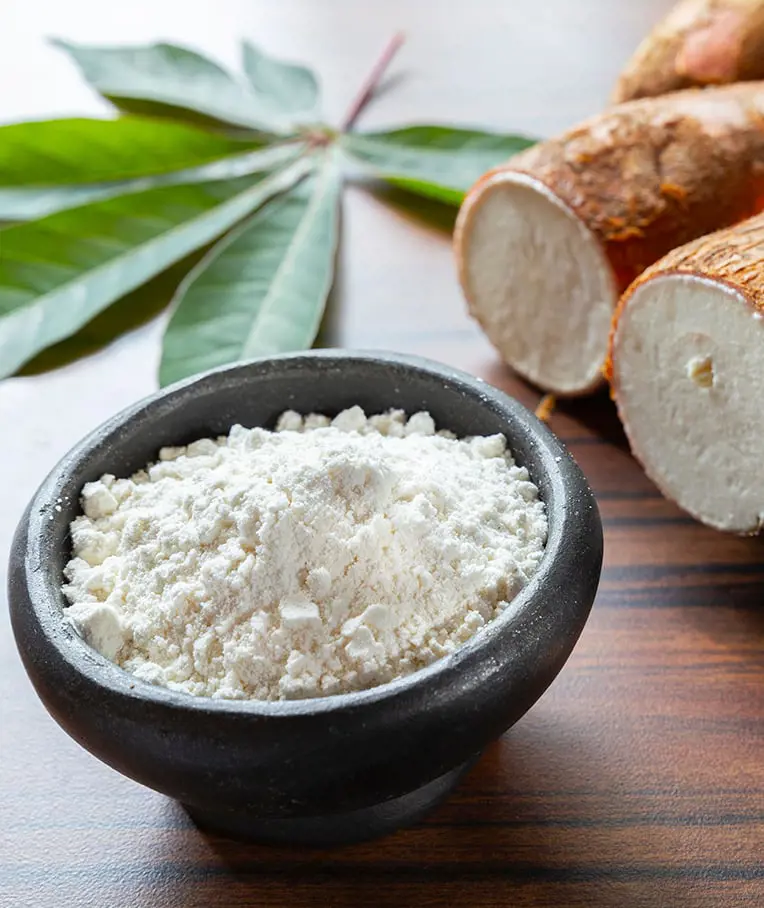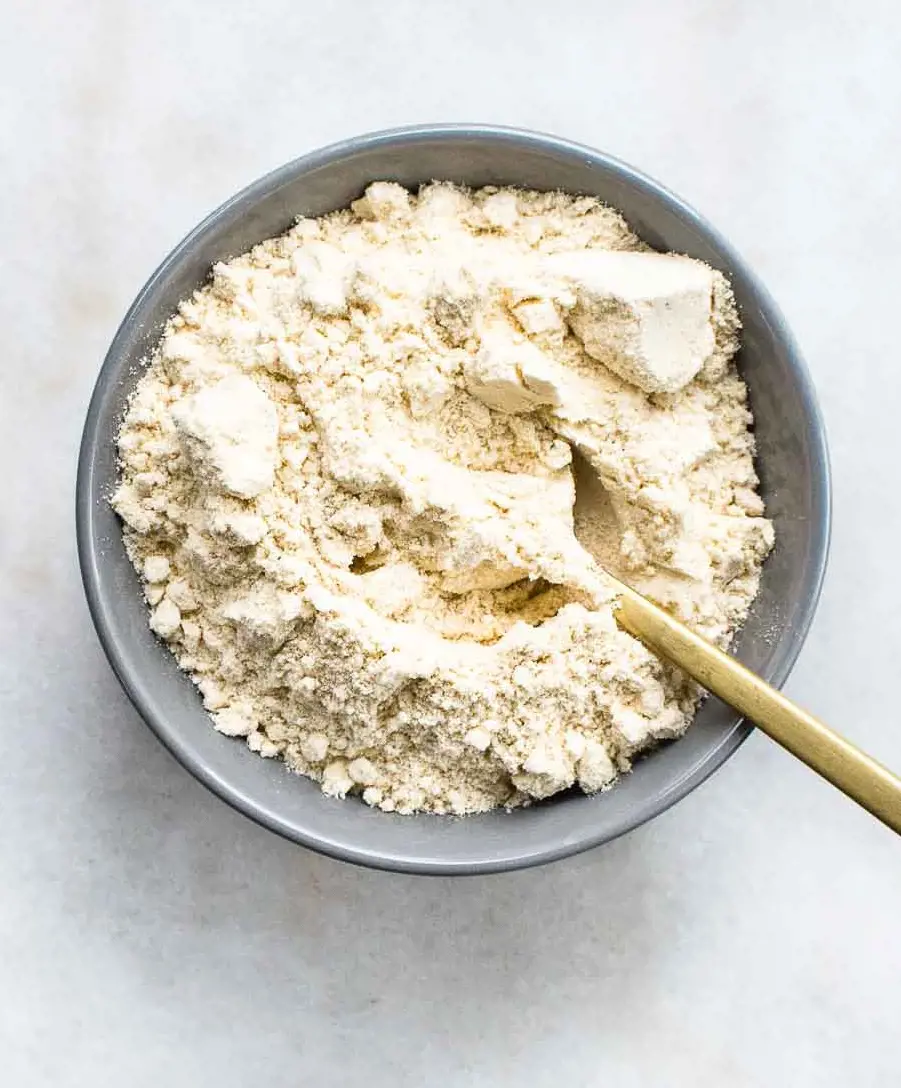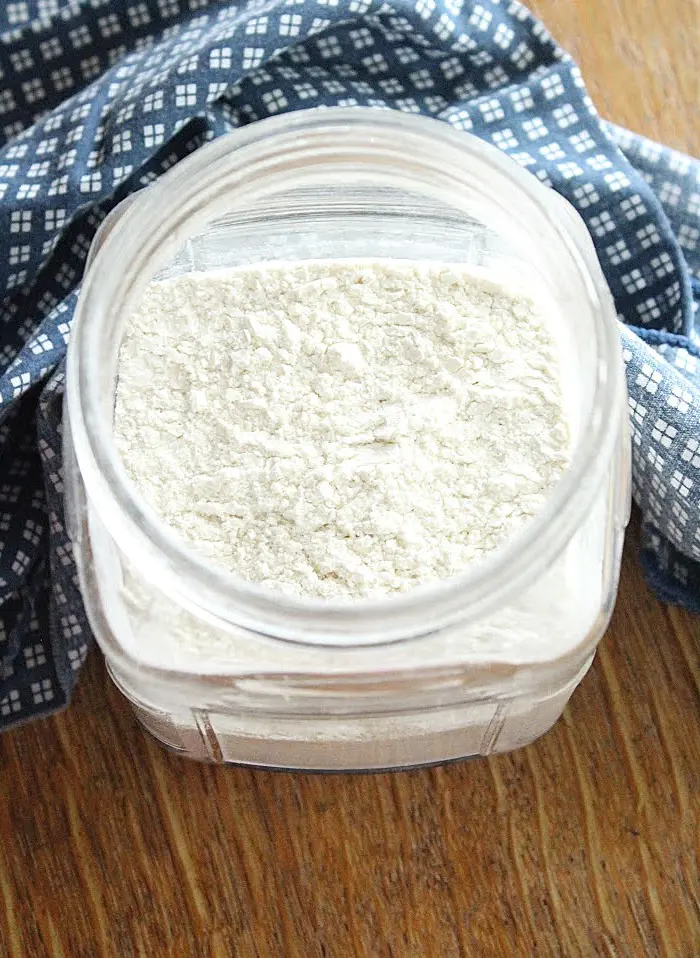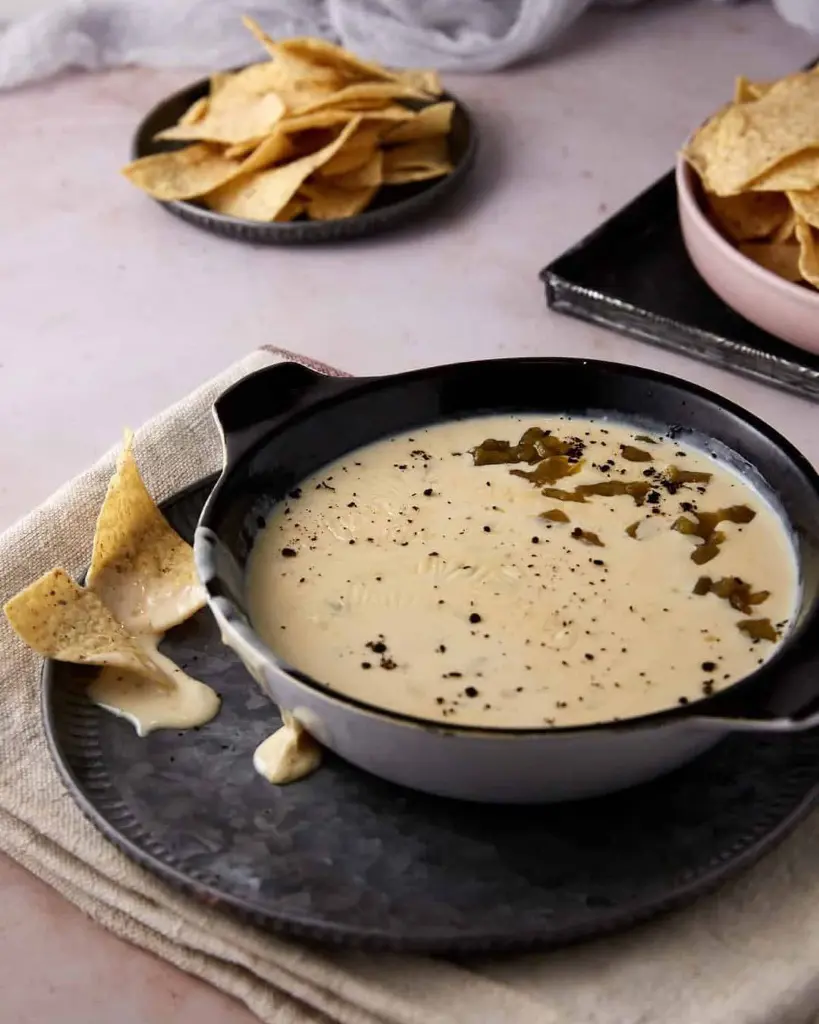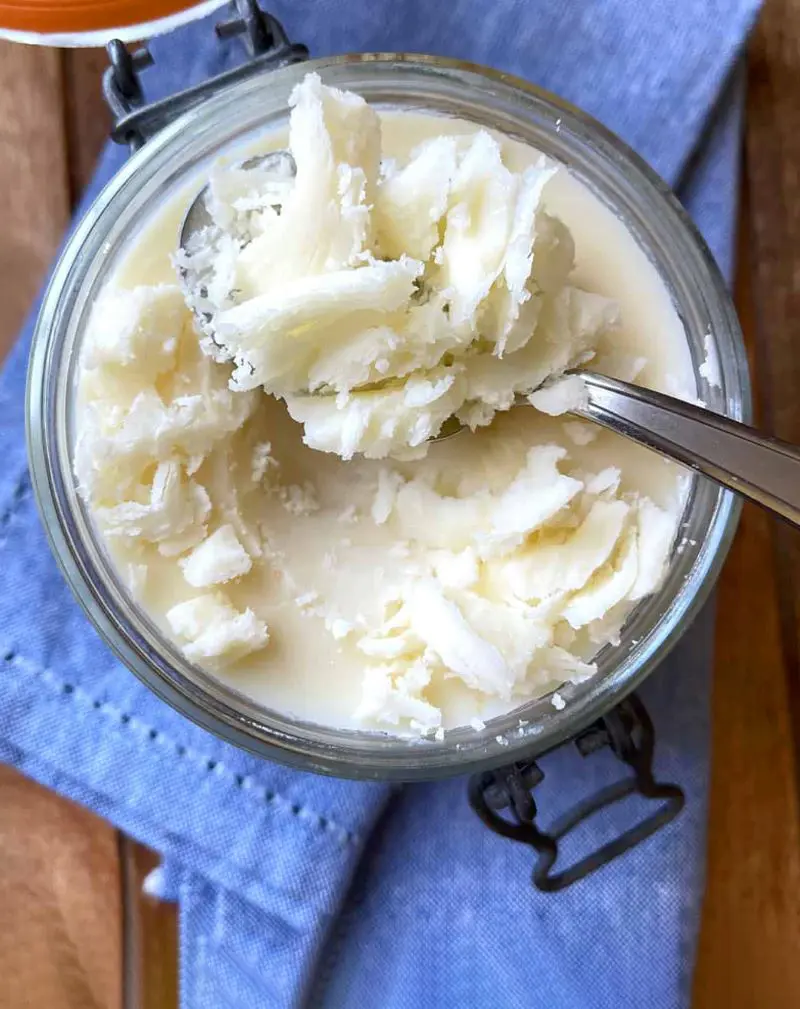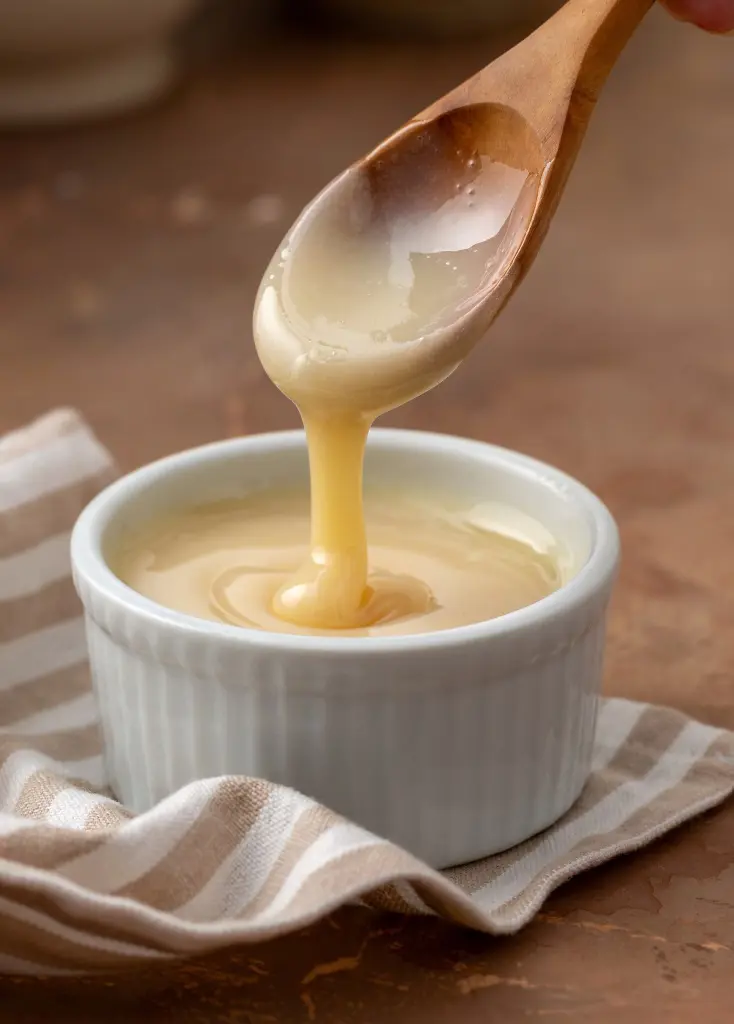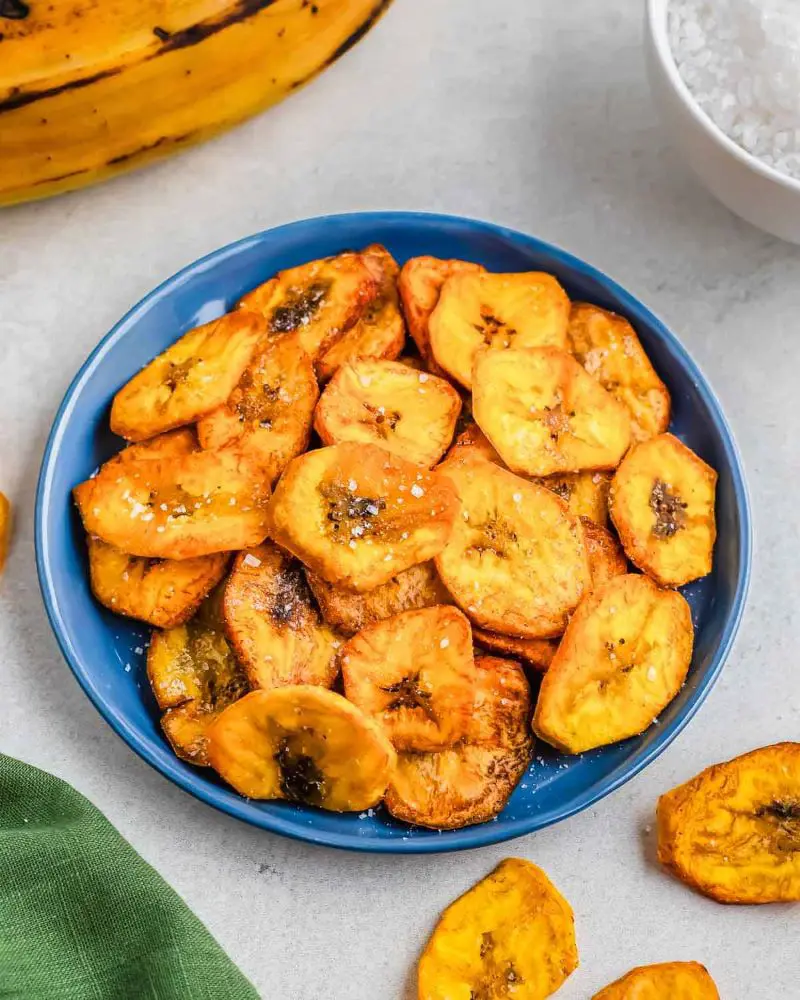1. All-purpose flour
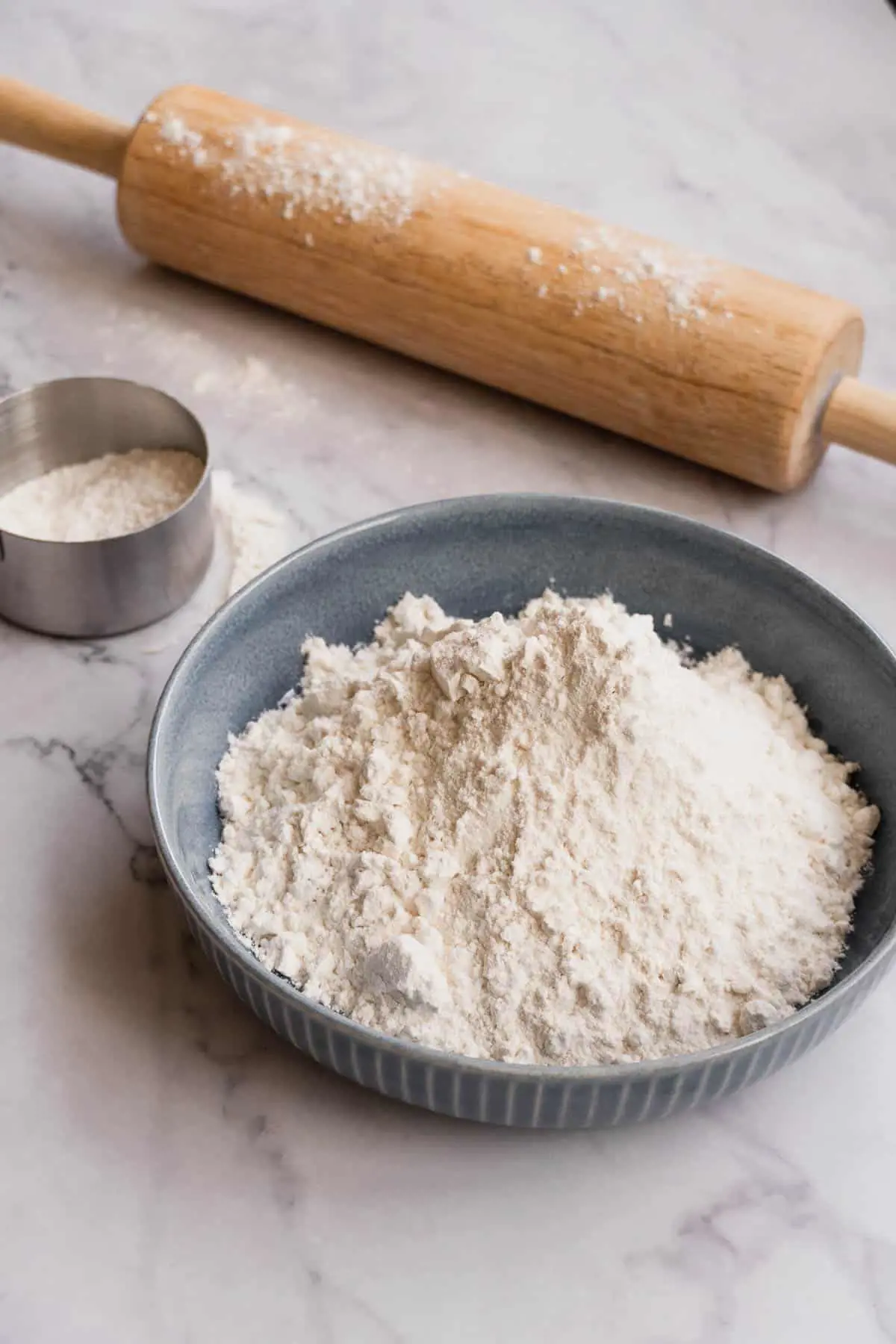
All-purpose flour can also serve as a suitable substitute for cake flour in a pinch. Cake flour is known for its fine texture and lower protein content, which results in tender and delicate cakes. However, when you don't have cake flour on hand, all-purpose flour can step in with a few adjustments.
To substitute all-purpose flour for cake flour, simply remove two tablespoons of all-purpose flour for every cup needed and replace it with two tablespoons of cornstarch. This modification reduces the protein content and mimics the texture of cake flour, making your cakes lighter and more tender.
